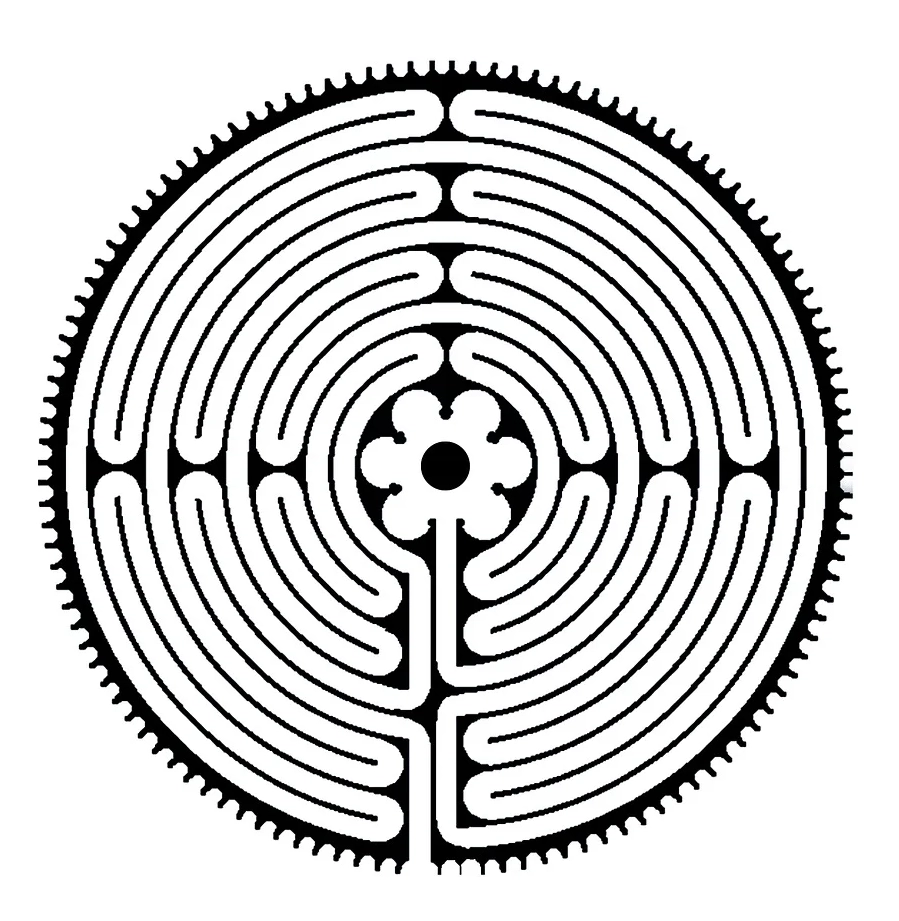How I practise EMDR
I practise both the standard and modified EMDR protocols.
If you have suffered one or a serious of upsetting events in adulthood (eg an accident or illness), I use the standard protocol, the type of EMDR created by its founder, Francine Shapiro. A wealth of research has proven this approach to be highly-effective.
However, if your difficulties originate in childhood, (you have suffered what is commonly called 'small' or 'large -T traumas),' I use a modified 'Attachment-Focussed' EMDR protocol. This emphasises an enhanced, use of your creative inner resources (such as calm, hope, trust, confidence, resilience) to aid effective processing. It does this by drawing heavily upon your natural right-brained wisdom, (intuition, imagination, metaphoric language etc) to super-charge your brain, (your 'adaptive information processing'). Sometimes this means that a bit more time is taken in the preparation phases (1-2) before processing.
If you feel your life experience is complex, (where perhaps you have sufferened both childhood and single-event trauma) I work flexibly, interweaving into your therapy the benefits of both the standard and modified EMDR protocols according to your needs.
Whatever you bring, I prepare you for processing using the following:
- creating a clear 'plan,' identifying which memories will be processed and within a definable time-scale
- ensuring that we have established a good enough rapport and trust in our work together
- making sure you are 'ready', that you have sufficient stability in your life to be able to mange in-depth work
- mostly importanty by creating a range of 'inner resources' which instill or strengthen your feelings of peace, calm, hope and strength.

While the standard approach is highly effective in some instances, I see the value of the Attachment-Focussed approach in its capacity to tap more powerfully into your store of right-brained knowing, (the language of intuition, wisdom, imagination, symbol or metaphor). These can provide for you in the preparatory phases of EMDR, the relational qualities buried deep inside your being (love, nurturing, protection, warmth, knowing etc) which may have been missing in early life.
I am at present the only UKCP-registered EMDR Psychotherapist also trained in Music Imagery Psychotherapy. Requiring no musical or artistic ability whatsoever, this simple but powerful therapy also acts a powerful resourcing for EMDR. My observations are that this is especially the case when inner resources feel very depleted, or when the trauma has felt extreme. The right piece of music (chosen collaboratively via spotify) can feel like vital 'medicine,' instilling, or re-awakening the positive feelings needed to build a stronger, stabilized sense of self. Of course, whether we involve music or not in the early phases of EMDR is entirely up to you. If you would like to know more, do visit Music Imagery Psychotherapy page on this site.
I very much enjoy offering EMDR, seeing how it changes people and am committed to providing the best possible practice. I have regular supervision with an EMDR Consultant, and am a member of the UK EMDR Association through which I frequently update my knowledge and skills.



